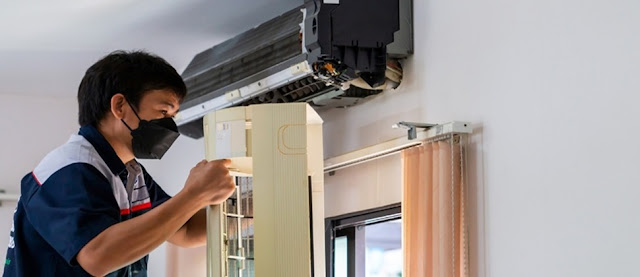The Future of Electrical Work: Emerging Technologies and Trends
The field of electrical work is undergoing a rapid transformation, driven by advancements in technology and the growing need for sustainability. As we move further into the 21st century, electricians are not only dealing with traditional wiring and circuit issues but are also engaging with cutting-edge innovations that promise to redefine their profession. Here’s a look at some of the emerging technologies and trends shaping the future of electrical work.
1. Smart Home Technology
One of the most significant trends is the rise of smart home technology. From smart thermostats to integrated lighting systems, these devices offer homeowners increased control and energy efficiency. Electricians are now required to be adept at installing and configuring these systems, which often involve complex networking and programming. The future of electrical work will see a greater emphasis on understanding and working with IoT (Internet of Things) devices, which communicate with each other to optimize home environments.
2. Renewable Energy Systems
As the world shifts towards more sustainable energy sources, electricians are increasingly involved in the installation and maintenance of renewable energy systems, such as solar panels and wind turbines. These systems require specialized knowledge to ensure they are set up correctly and function efficiently. The growth in renewable energy will likely lead to more job opportunities for electricians who are trained in these technologies and can help integrate them into existing power grids.
3. Energy Storage Solutions
Energy storage is another area seeing rapid advancements. Battery storage systems, such as those used in conjunction with solar panels, are becoming more common. Electricians will need to understand how to install and maintain these systems, ensuring they are safely integrated with home or commercial power supplies. As technology improves, energy storage solutions are expected to become more efficient and affordable, further driving their adoption.
4. Electric Vehicles and Charging Stations
The rise in electric vehicle (EV) adoption is also impacting the electrical industry. The installation of EV charging stations is becoming a new area of focus. Electricians need to be familiar with the requirements for these installations, which often involve high-voltage systems and specialized equipment. As the number of electric vehicles on the road continues to grow, so will the demand for qualified professionals to set up and maintain these charging stations.
5. Advanced Diagnostic Tools
Technology is also improving the tools electricians use to diagnose and fix issues. Modern diagnostic tools, such as advanced multimeters and thermal imaging cameras, allow for more precise and efficient troubleshooting. These tools help electricians to quickly identify problems and reduce the amount of time spent on repairs, improving overall service quality.
6. Automation and Robotics
Automation and robotics are beginning to play a role in electrical work, particularly in industrial settings. Robots and automated systems can perform repetitive tasks with high precision, reducing the risk of human error and increasing efficiency. Electricians working in these environments will need to adapt to working alongside these technologies and understanding their integration with traditional systems.
Conclusion
The future of electrical work is bright and full of opportunities as new technologies continue to emerge and evolve. Electricians who stay informed about these trends and acquire the necessary skills will be well-positioned to thrive in this dynamic field. For those in the Tingalpa area, keeping up with these advancements is essential for maintaining a competitive edge. Whether you’re looking to install smart home systems, work with renewable energy solutions, or handle the growing demand for EV charging stations, the expertise of a skilled electrician, like an Electrician Tingalpa, will be more crucial than ever. Embrace the future, and let these technological advancements guide you to new heights in your electrical career.


Comments
Post a Comment